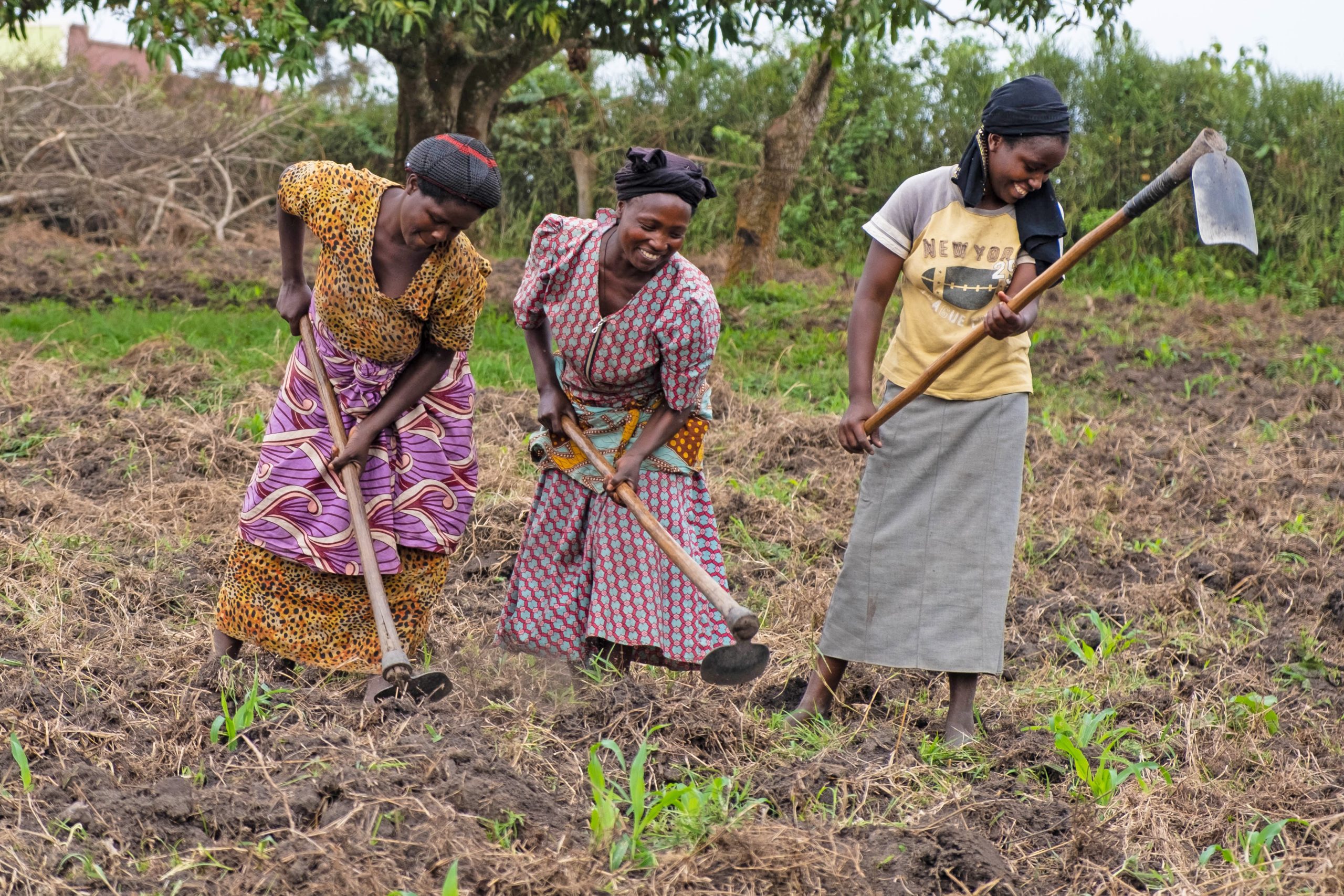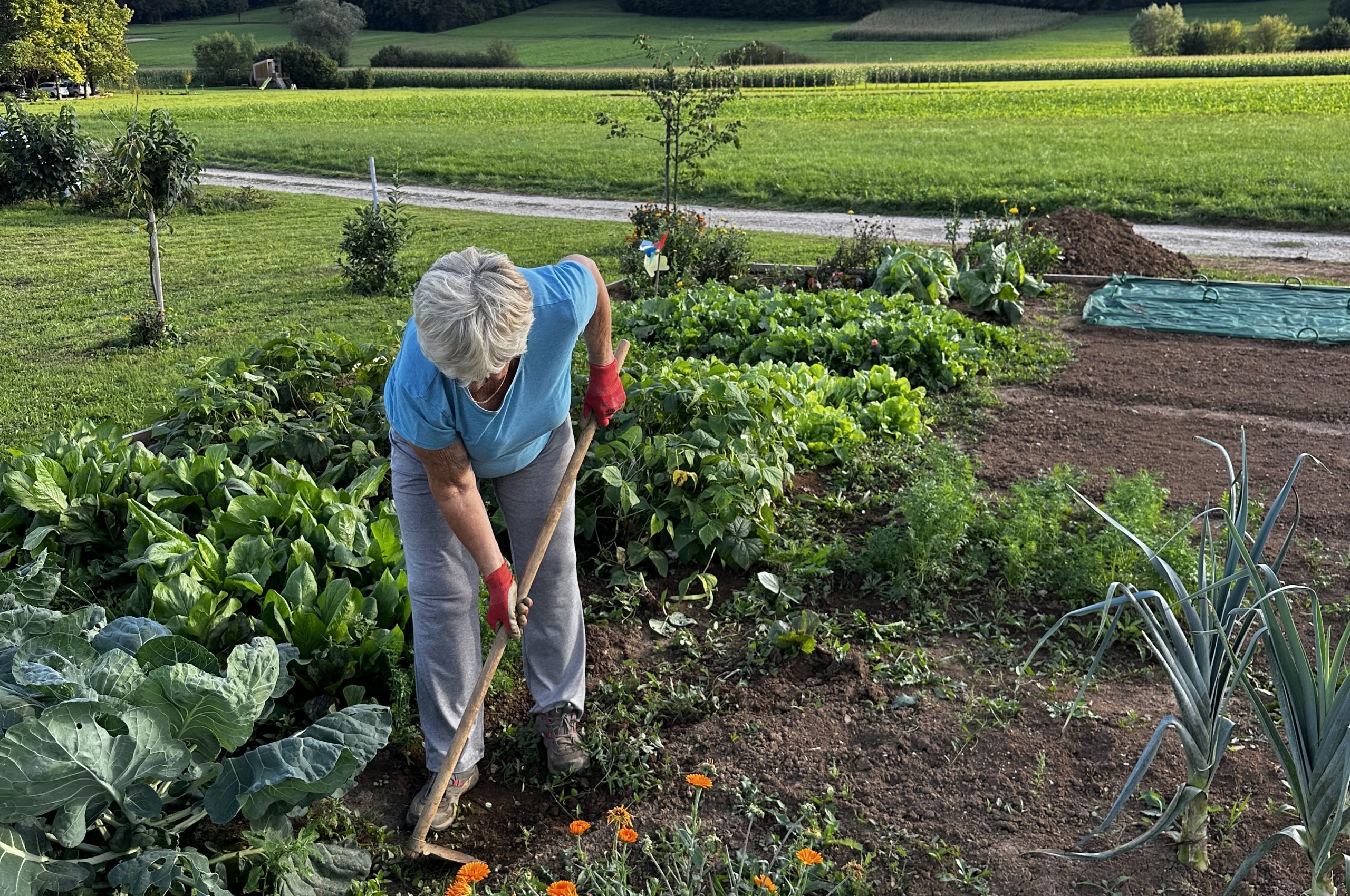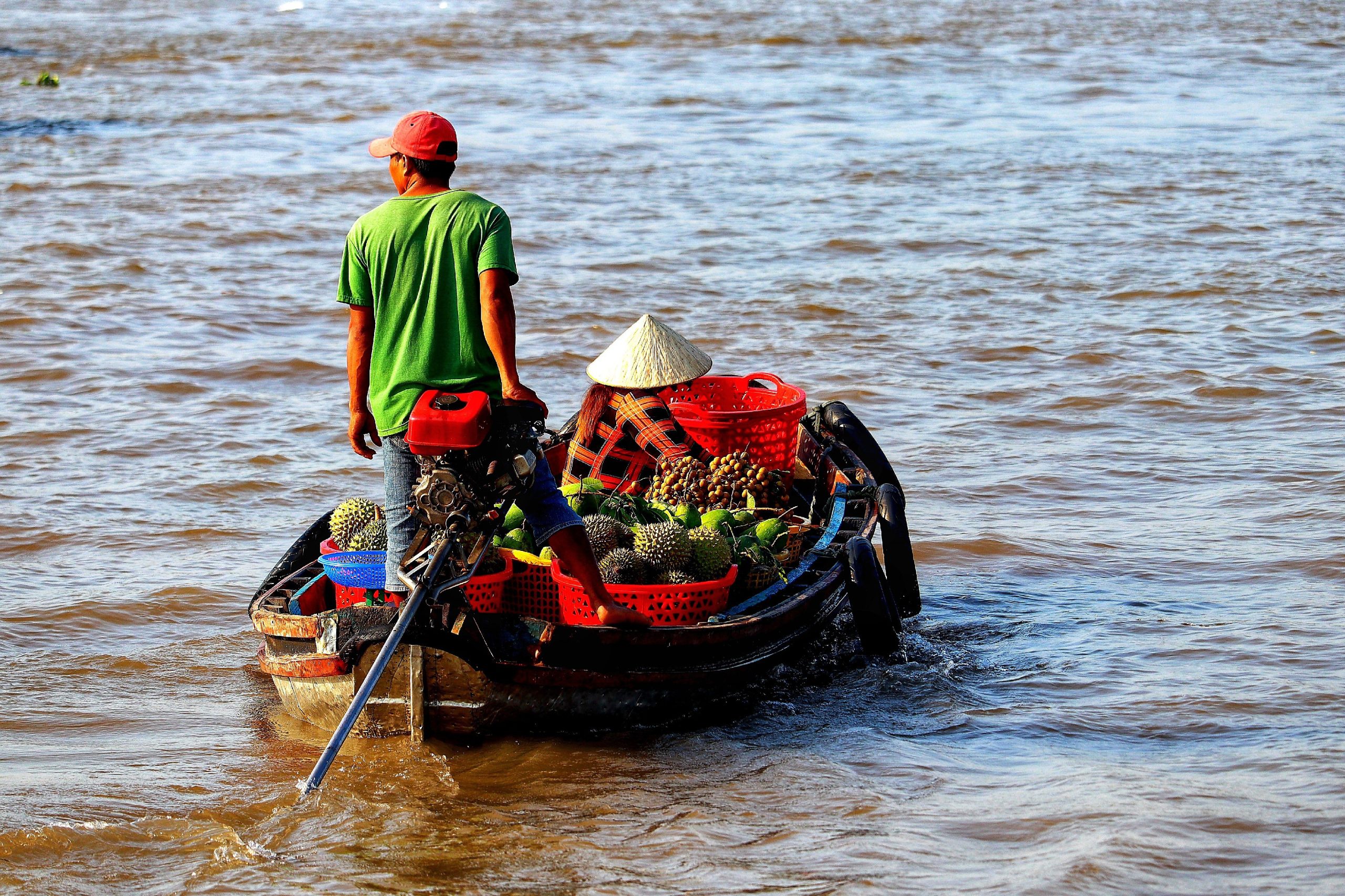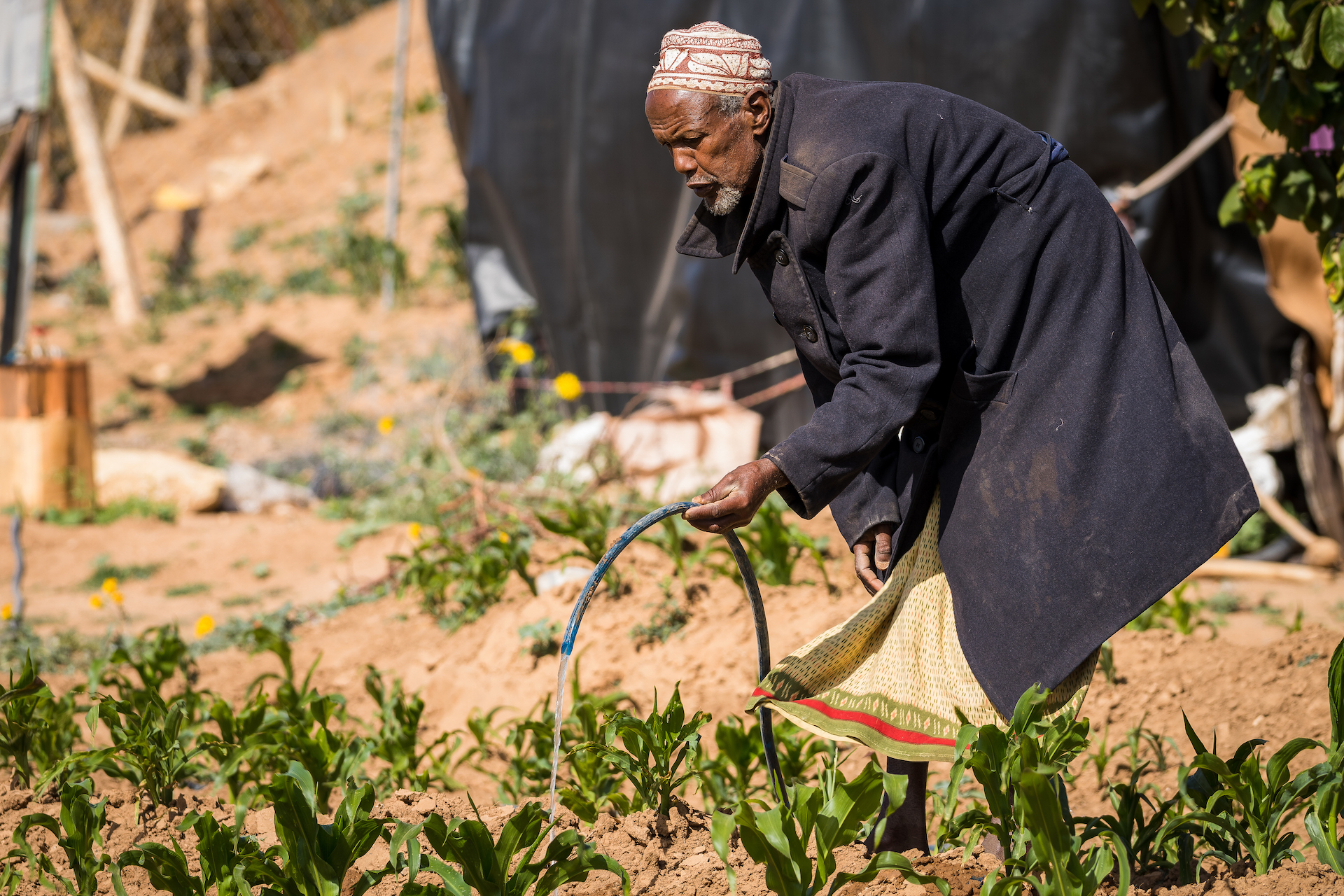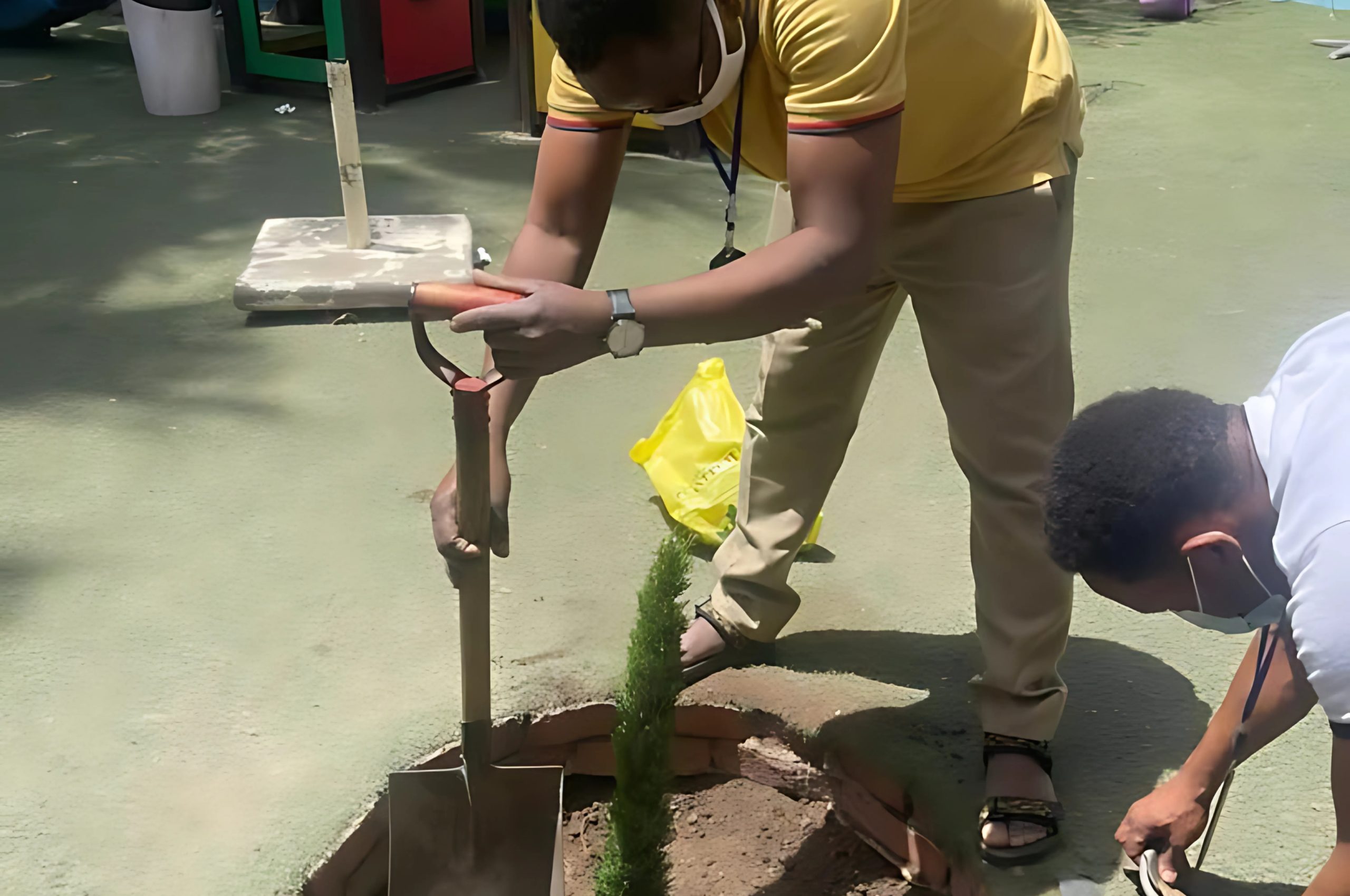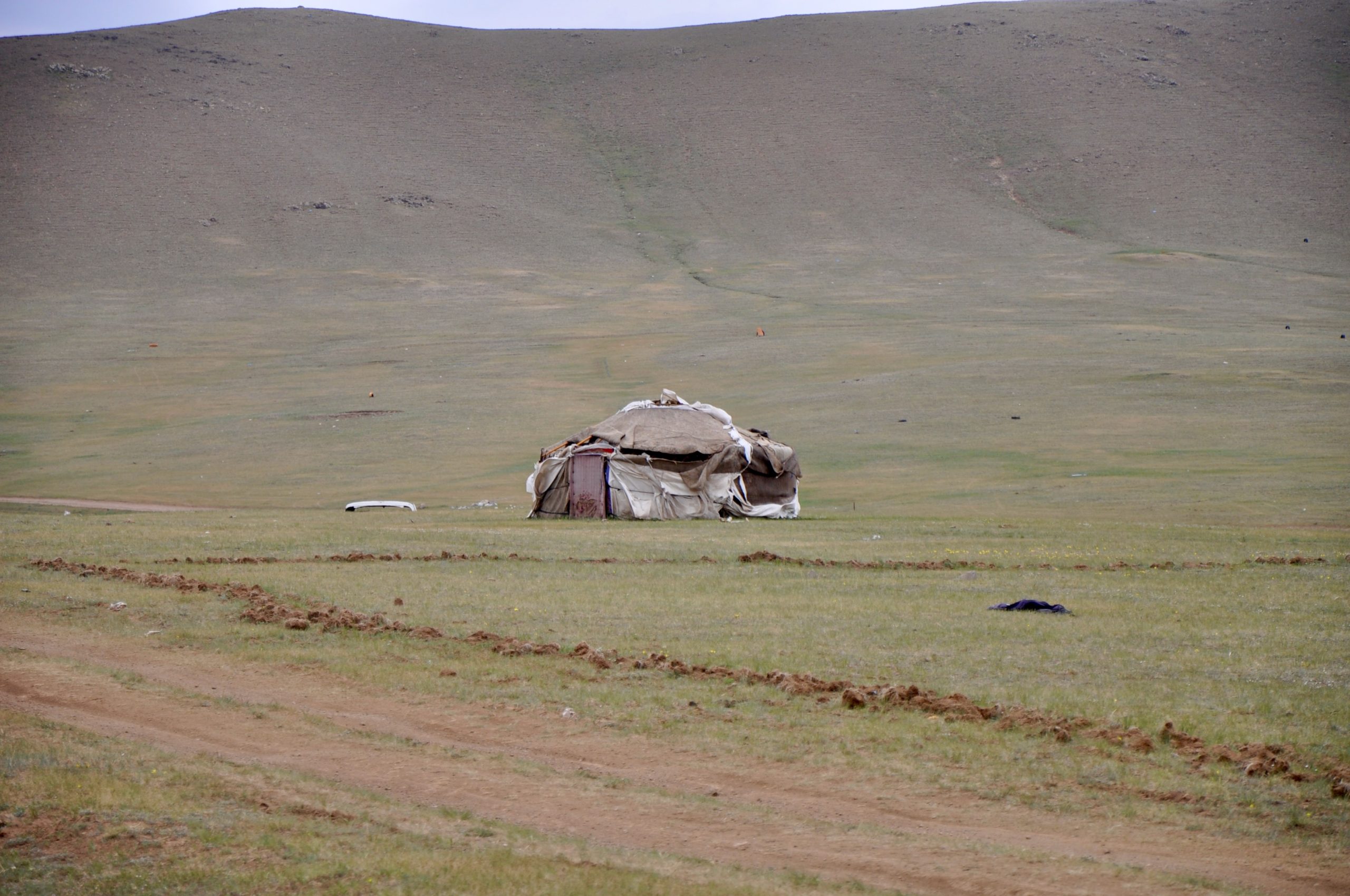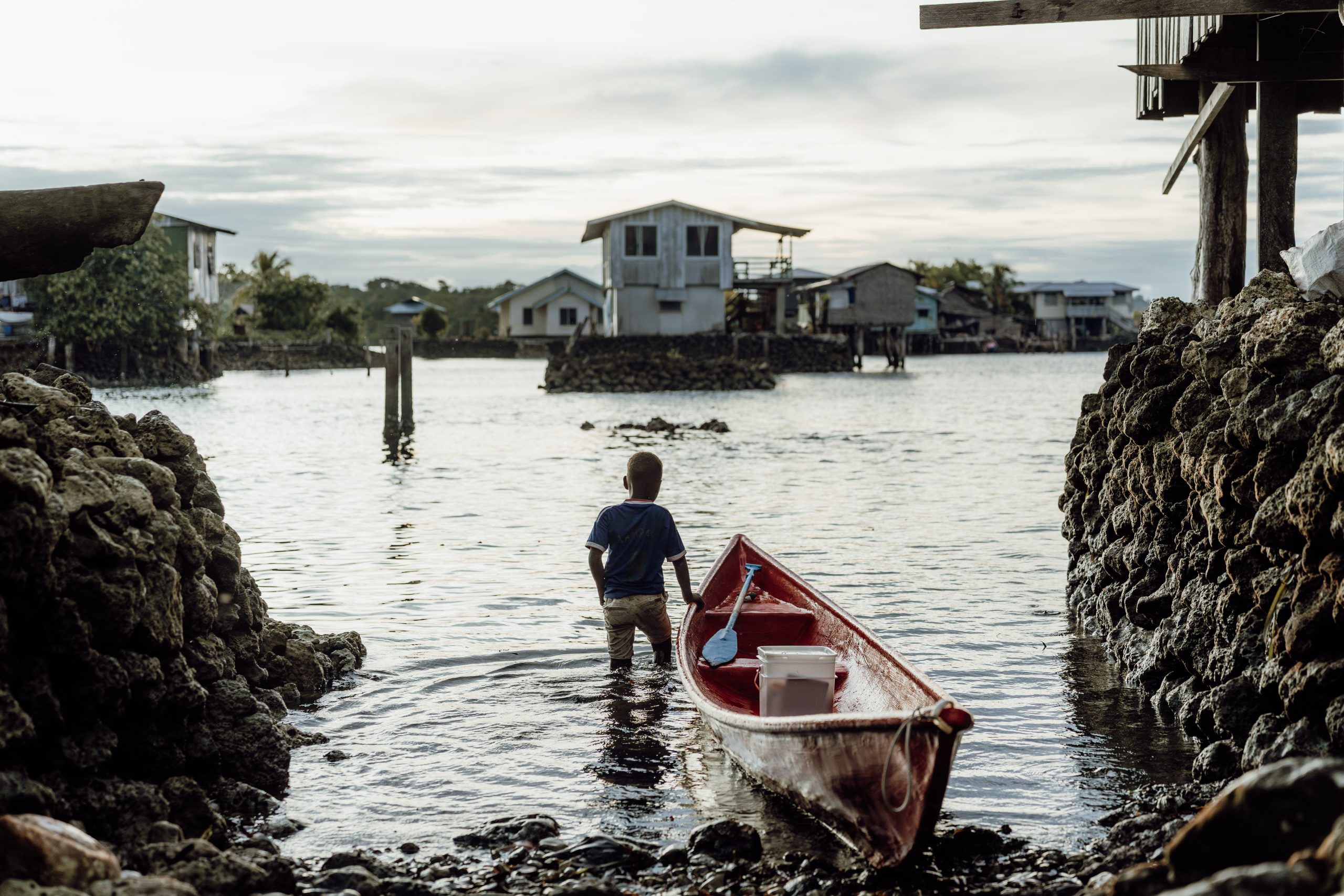When climate change blows off your roof and nobody comes: a refugee’s reality check
One man’s story encapsulates the contradictions at the heart of responses to climate-induced migration, which demand resilience but deny refugees the means to shape their own futures. A more imaginative, people-centred approach is urgently needed.
Unstable ground: navigating climate relocation through Bosnia’s invisible fault lines
Europe’s climate crisis is fuelling extreme weather, displacement and fragility. Technocratic relocation fails to acknowledge human attachment, cultural memory or the role of inequality. True adaptation demands justice, which means recognising the invisible fault lines that shape vulnerability, resilience and belonging.Europe’s climate crisis is fuelling extreme weather, displacement and fragility. Technocratic relocation fails to acknowledge human attachment, cultural memory or the role of inequality. True adaptation demands justice, which means recognising the invisible fault lines that shape vulnerability, resilience and belonging.
Speaking up: using participatory communication to support inclusive relocation
Incorporating locally appropriate means of communication and deliberation into decision-making around planned relocation gives agency to affected communities, as case studies from Vietnam and Peru demonstrate.
Supporting decent work for those forced to move and those who want to stay
Ensuring access to decent work in the context of climate displacement is an essential element of supporting a ‘just transition’. Emerging practices from across the world suggest how climate action and labour strategies can reinforce each other.
The promise of satellite imagery in addressing climate displacement
Satellite imagery can offer a powerful new perspective on the drivers of climate displacement, as case studies in Ghana and Libya demonstrate, but ethical concerns and data limitations call for caution, especially amid advances in digital technology.
What is choice without knowledge? Climate literacy for displaced communities
Climate literacy enables greater agency, decision-making, and meaningful refugee participation. One refugee-led organisation in Egypt is piloting workshops and supporting community-led initiatives to help translate knowledge into power.
No choice but to move: climate displacement and eroding livelihoods in Mongolia
As climate change reshapes Mongolia’s environment, herders are being pushed to cities – not by sudden disaster, but through slow erosion of options. Their stories challenge dominant ideas of choice, agency and what counts as ‘displacement’.
Leading in displacement: refugees at the forefront of climate action
Refugee voices are excluded from key decision-making spaces related to climate change, but their leadership is crucial for the creation of fair and effective policies. Three case studies highlight opportunities for input, as well as the barriers that remain.
Non-economic losses: centring choice and place
Climate-related displacement causes non-economic losses – of land, heritage and identity – that cannot be adequately addressed through financial compensation alone. Policy responses must centre affected people’s values and choices, prioritising dignity, cultural continuity, habitability and social cohesion.
